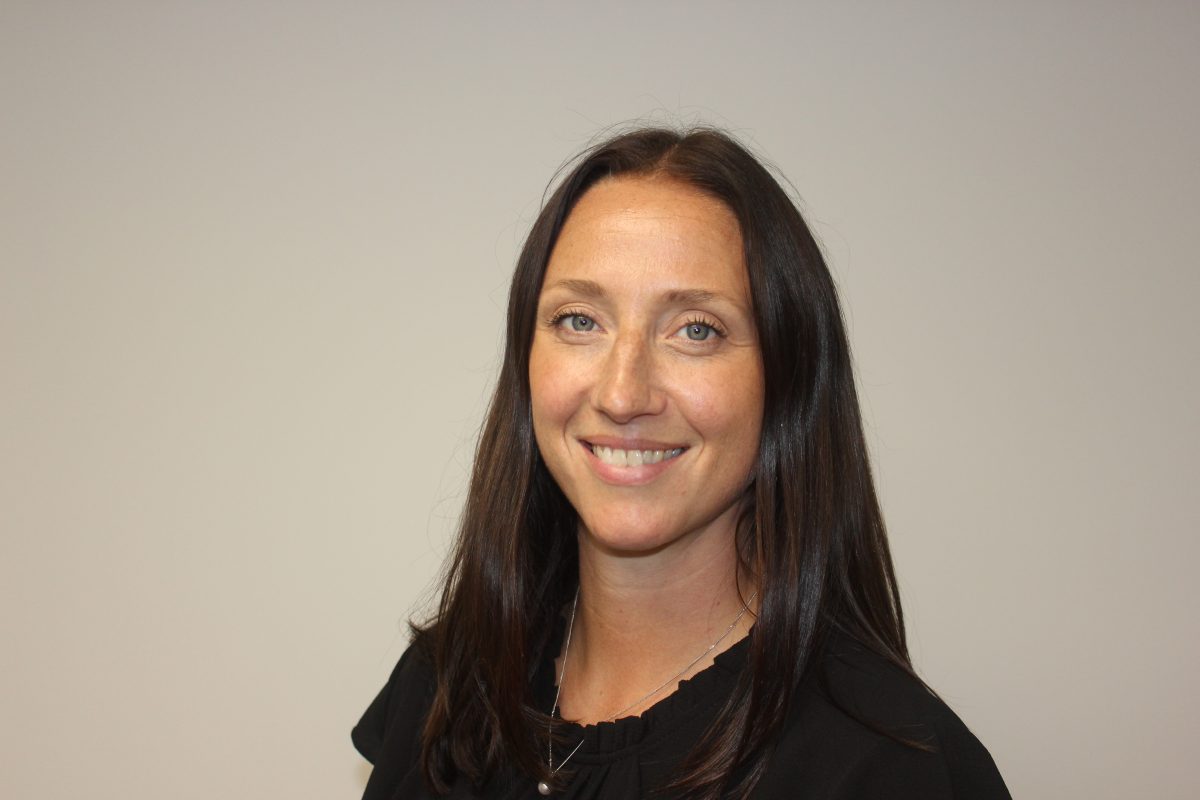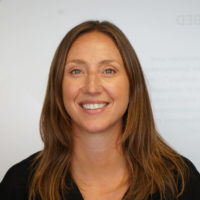I’m delighted to be writing this blog as the Head of Practice for the What Works Centre for Children’s Social Care. I became involved with the Centre a year ago as part of the Practitioner Panel and immediately saw the opportunity we have to create an organisation to transform the social work evidence base. My first, and most important job is to ensure that social work practice is at the heart of the Centre’s activity. I’m realistic about the challenge – research and practice don’t always live in perfect harmony. For the avoidance of doubt, I’m a social worker not a researcher and I will bring my social work values, skills and experience to the Centre’s leadership team. I will also make sure to keep a foot firmly in practice one day a week (job offers welcome!).
Having been around the What Works Centre, and part of the team, pretty much since its start, it’s an exciting time for the Centre. To indulge a child development metaphor, we’re approaching adolescence and forming a sense of our own identity. In organisational terms, we’re working towards a ‘steady state’. I don’t recall adolescence feeling very steady, but it’s the relationships around you that help shape and steer your development. Stepping into this role, it’s timely to reflect on the relationships the Centre has forged so far and where we go next.
Over the last year or so we’ve tried to meet as many practitioners and practice leaders as possible. We hosted a really successful event in Birmingham in January to grow the #iuseevidence movement amongst social workers and I couldn’t be happier to hear that colleagues in the North West want to hold their own event off the back of it in the summer. We’ll build on this and will use new ways of reaching people, such as online polling and deliberative forums. These will help us learn about how social workers feel and behave in relation to evidence-informed practice.
We are still the new kids on the block and while we want to get to know as many people as possible, it’s natural that we will work more closely with some. We’re working in partnership with several local authorities to design and develop a range of services and tools to improve the use of evidence in practice. Social workers know that change happens because of the relationships that exist between them, young people, and families – that’s where the magic happens. Those relationships, and ours with you, will be at the centre of everything we do. The change we’re aiming for is cultural and systemic and it will take time. We’re ambitious, but with good relationships and a heavy dose of humility, we believe that the Centre can help produce a body of research that is useful and can be of a real benefit to practice. So, whether you’re one of our current partners, a colleague or someone we’re yet to meet, the Centre has something to learn from your social work experience – so, sign up for our newsletter, attend our next event on the ethics of machine learning on 27 March or look out for opportunities to work with us and let’s make relationships that create change.


